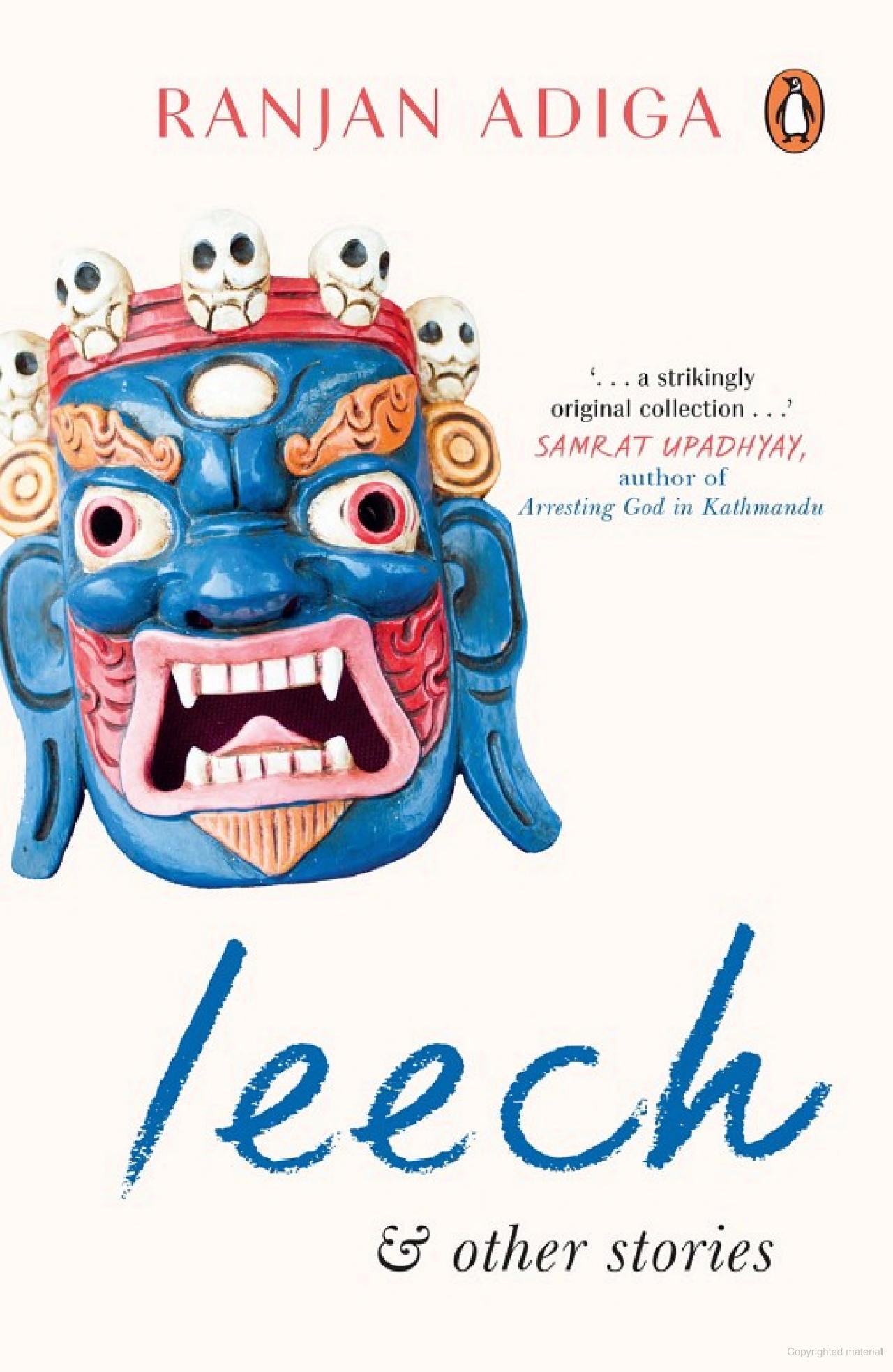Blurb:
Leech dives into the stories and lives of contemporary Nepalis struggling to belong to new worlds. In Kathmandu, they are caught between tradition and progress. In America, it is no different.
A leech caught inside a man’s nostril reveals fissures of class; a middle-aged Nepali man tries to come to terms with his sexuality in a deeply conventional social system; a professor worries about his immigrant status; a young couple try to bridge the silences in their relationship after moving to America.
Each story explores the distance between home and abroad, desire and reality, allegiance and treachery.
My Review:
“Leech and Other Stories” by Ranjan Adiga delves into the complicated lives of contemporary Nepalis, grappling with the issues of identity and belonging amid changing worlds. I really enjoyed how the author uses the overlapping theme of tradition and modernity, painting a vivid picture of the cultural and emotional struggles faced by Nepalis both at home and abroad.
In “Denver”, the author explores the dynamics of an arranged marriage between Sameer, an introverted traditionalist, and Pooja, an extroverted modern woman. The story highlights their attempts to reconcile their contrasting personalities and adapt to life in America, a land vastly different from their native Nepal. This narrative illustrates the broader theme of cultural dislocation and the tension between personal desires and societal expectations.
The titular story, “Leech”, uses the metaphor of a leech trapped in a man’s nostril to uncover the deep-seated class divisions in Nepalese society. This tale reminded me of the film “Parasite” as it talks about how social hierarchies can persist even in a modern world.
“Spicy Kitchen” addresses the pervasive issue of racism, both within Nepal and globally. The author’s portrayal is a stark reminder of the universal struggle against discrimination and the fight for dignity.
“Kali” stands out as a tender story about an adopted dog, offering a simpler yet emotionally resonant glimpse into themes of companionship and acceptance.
“A Short Visit” and “Student Visa” are particularly relatable, shedding light on the personal and professional challenges faced by immigrants and the pursuit of dreams amidst cultural and familial pressures.
“A Haircut and Massage” and “High Heels” further delve into the intimate struggles of religion and self-acceptance in a patriarchal society.
The author’s writing style is intimate and evocative, drawing readers into the nuanced worlds of his characters. Each story takes the reader through not only the lives of Nepali characters but humanity around the world, making “Leech and Other Stories” a thought-provoking read.

